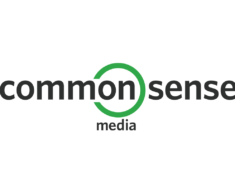Three of the biggest tech giants – Google, Facebook, and Twitter – are scrambling to cope with a new political landscape.
Silicon Valley companies have avoided significant government oversight for years. However, according to the Mercury News, after revelations that Russian operatives used these platforms to manipulate the 2016 U.S. presidential election, it appears government oversight is now inevitable.
Lawmakers are drafting numerous pieces of legislation to regulate speech on these platforms. One bill would require social media platforms to disclose information about their ads. They would have to disclose the target audience of the ads and the identity of the groups or people who purchased the ads. Political ads that run on television stations are already required to make these disclosures.
The social media giants have been forced to concede they could have done more to prevent the spread of deliberate misinformation. Now, users may be less inclined to trust what they read from these sources.
Steven Weber, professor at U.C. Berkeley’s School of Information and Department of Political Science said, “It’s not just social media, but the whole internet platform business has shifted in the last six months from good until proven otherwise to bad until proven otherwise. It’s stunning.”
Facebook provided Congress with 3,000 ads that were probably bought by Russian operatives. On Monday, Facebook said these ads were seen by approximately 10 million people.
The company also said it shut down nearly 500 accounts linked to the groups that purchased the ads.
Twitter recently suspended approximately 200 accounts linked with Russian political operatives and troll farms. Google also announced it would investigate whether Russian operatives used its services to help manipulate the election.
Some Republicans also accuse Facebook of censoring conservative-slanted content. President Trump accused Facebook of bias against him – on Twitter, of course.
Around 67 percent of Americans rely on social media for news, according to a Pew Research Center study.
The changes Facebook and Twitter plan to implement include hiring more people to review ads. Facebook will also allow users to visit an advertiser’s Facebook page to see its current ads.
Some lawmakers, like Sen. Mark Warner (D-Va.) think this is too little, too late. Warner recently lambasted Twitter executives for their “inadequate” record-keeping and policies for dealing with suspicious accounts.
Dil Bole Oberoi





